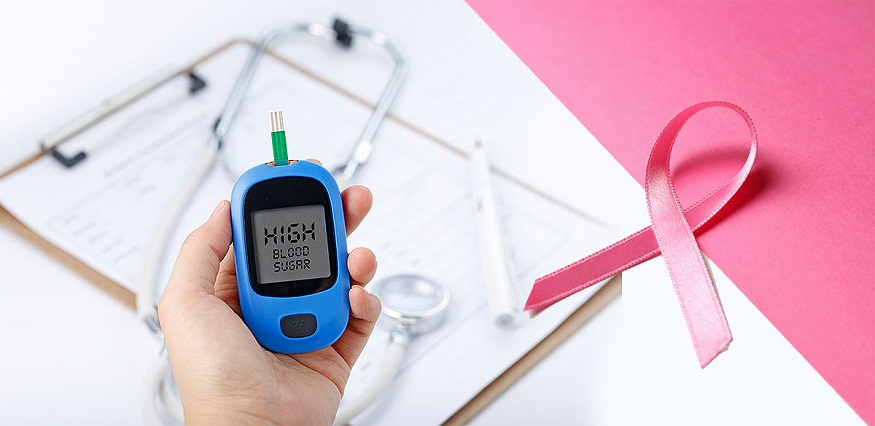Type 1 diabetes is a chronic condition, where pancreas usually not produce any insulin (a hormone responsible for regulating blood sugar level).Unlike the type 2 diabetes, the type 1 is not related to lifestyle factors but it frequently occurs in the childhood and teenage years, though it can manifest at any time.Its precise origin is not really clear but is thought to be a result of the interaction between genetic predisposition and probable environmental factors.
Along with lifelong insulin therapy, the management of type 1 diabetes in particular entails frequent blood sugar level testing through either injections or an insulin pump.Patients with uncontrolled type 1 diabetes are at risk for heart disease, kidney failure, and nerve damage.

However, not a single cure has been discovered yet but, the development of new technologies has helped in the quality of life of the patients with type 1 diabetes, for example, continuous glucose monitors and insulin pumps.
Below we discuss early symptoms of type 1 diabetes.
Excessive Thirst and Urination
Type 1 diagnosis is often associated with polydipsia (excessive thirst).
This is because when there is excess of blood sugar, the body wants to pass it through urine and the result is frequent passage of urine.
Unexplained Weight Loss
On other hand, in type 1 diabetes, you may also experience weight loss without a clear cause and at the same time, increased appetite.
Once the body can no longer use glucose as an energy source because there is no insulin to aid this breakdown, fat and muscle starts to be broken down to power. The outcome of this may be an initiative loss of body weight that quite often is followed by muscles’ weakness and fatigue.
Fatigue and Weakness
In particular, one of the types of diabetes can cause fatigue and weakness as a result of the process of the body that deals with the glucose as energy source such as in type 1 diabetes.
Remember, insulin does not let glucose into the cells, instead, it creates an environment whereby the body cells become energy starved, leading to feelings of exhaustion even after enough rest. Another thing is that chaos in the blood sugar level makes one get irritated and lost in concentration prompting.
Blurred Vision
Significant alteration of eyesight, for example, a bad focus, may be an early signal of type 1 diabetes. It is the excessive blood glucose that makes the lens to be seemingly over filling, causing focus problem and distorted vision.
If this symptom gets prolonged it will definitely have a progression trend from which a more severe ocular issue can arise thereby advertisement of the initial management and timely diagnosis of diabetes is recommendable.
Conclusion
In a nutshell, detecting the onset of type 1 diabetes as soon as possible and bringing medical help is equally important. Having an extreme feeling of thirst and urination, getting weight loss without reasons, feeling tired and weak, and having a blurred vision are important signs that one should pay attention to.
Aside from fast medical care, the correct management of such diabetes type pathogenesis can improve an individual’s health condition and reduce consequences.






Leave a Reply